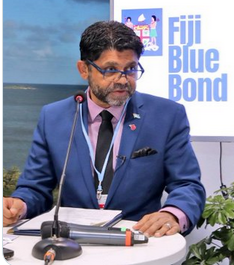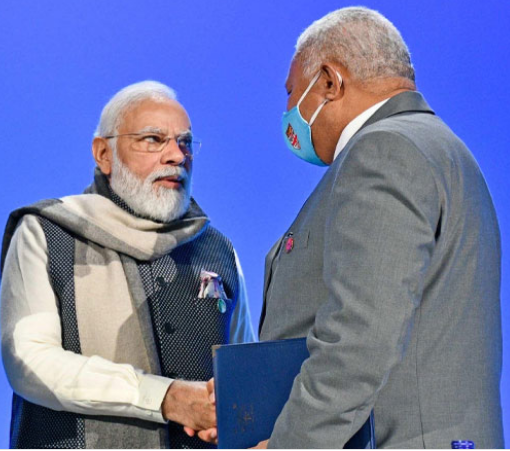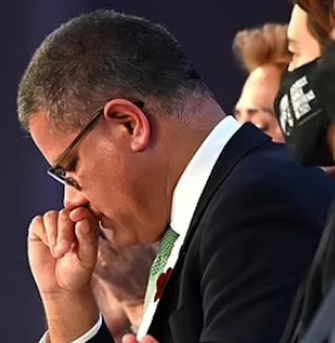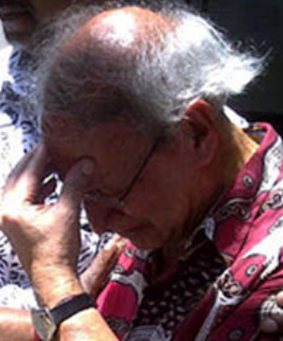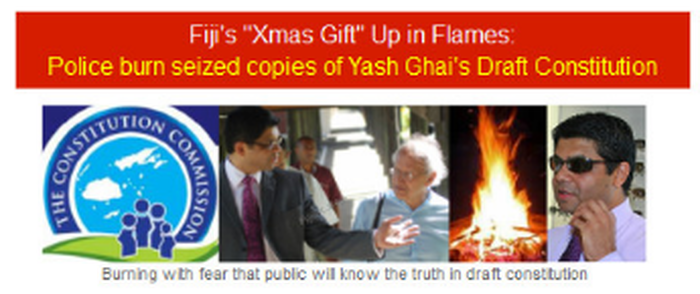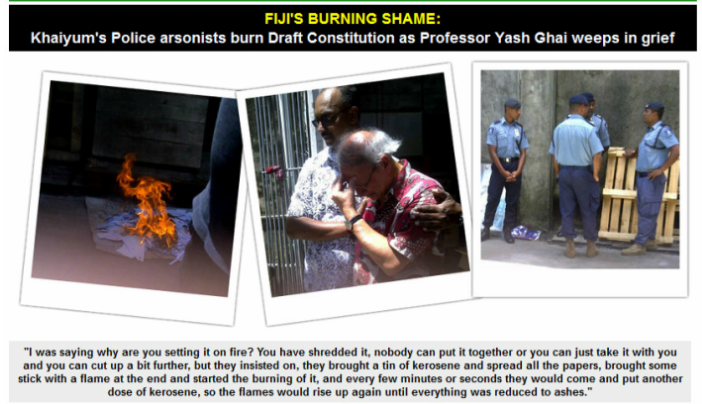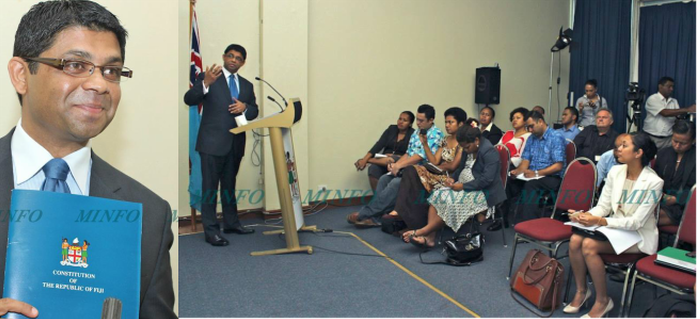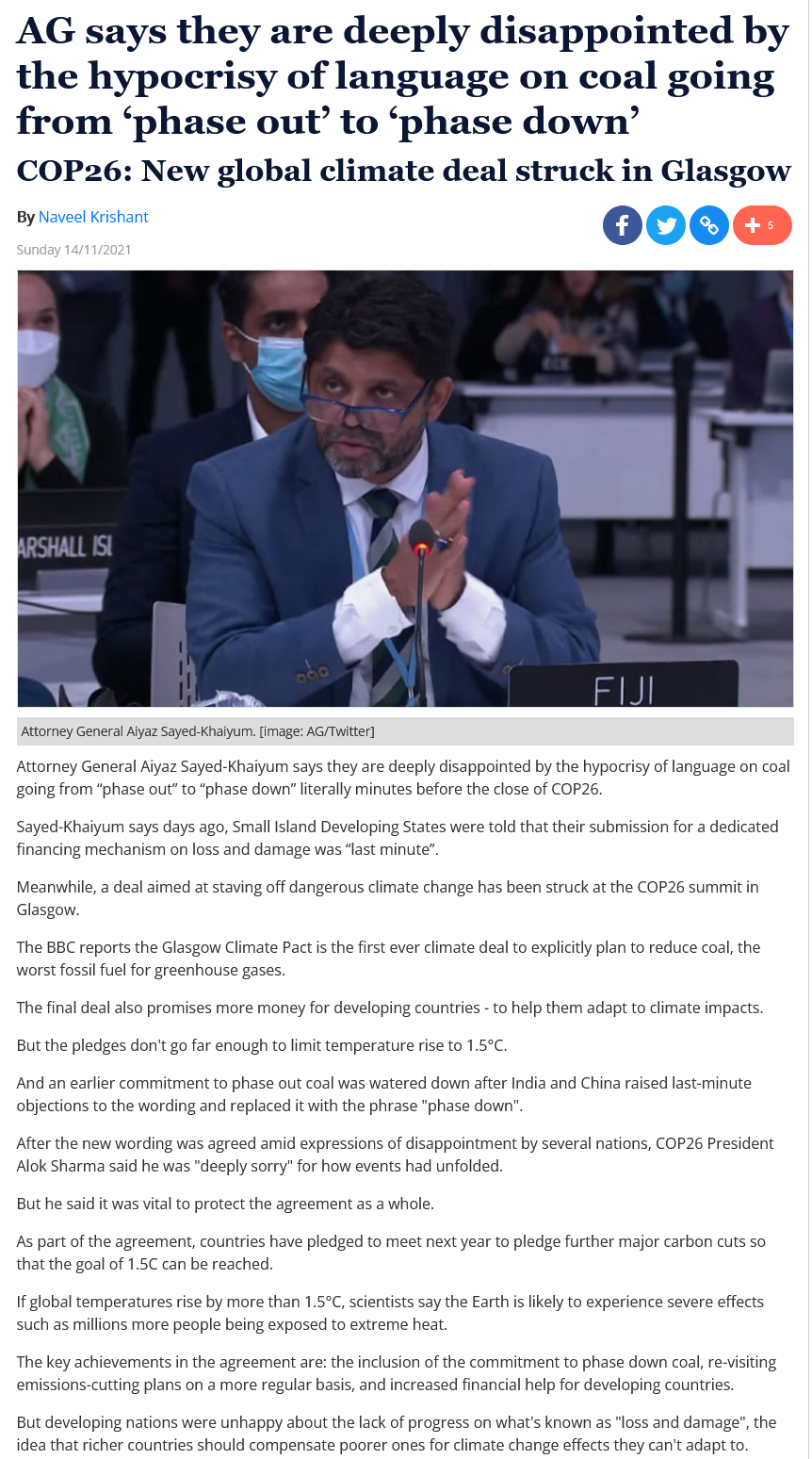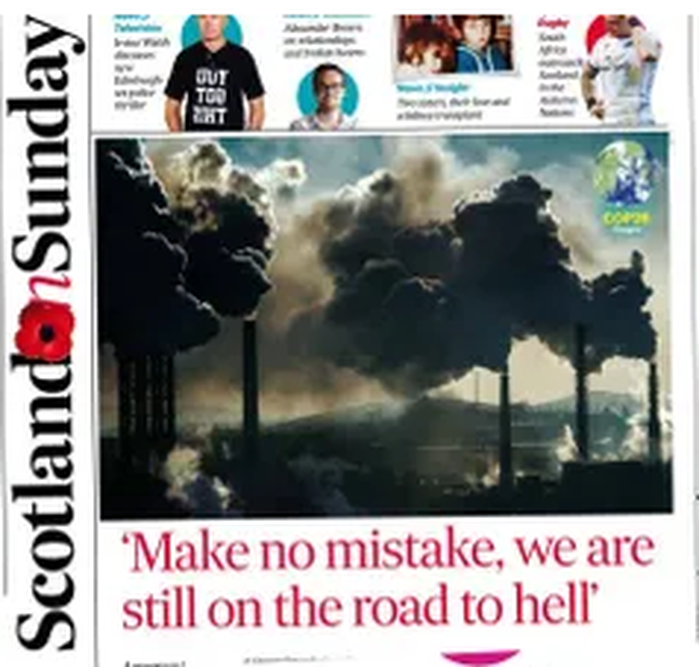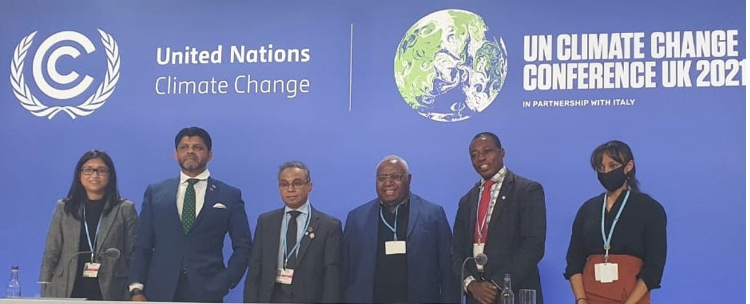FLYING COP 26 Bainimarama: Next stop, to watch Fiji v Wales Rugby
“Loss and damage” is the phrase for the destruction already being wreaked by the climate crisis on lives, livelihoods and infrastructure. It had become a critical issue at COP 26, with the potential to make or break an ambitious deal in Glasgow. Vulnerable and poor countries, who claimed that they did little to cause the climate crisis, arrived with a determination to win a commitment from rich nations to compensate them for this damage. It had become perhaps the most bitterly fought-over issue of all, with the low-income nations believing they have a moral right to this money – some call it compensation or reparations. Rich parties such as the US and EU are very reluctant to comply, fearing exposure to unlimited financial liabilities. Fijileaks: Thankfully, with no accountability or transparency of FFP government finances, and the hiding of Fiji Airways and other annual reports, we should count our lucky stars that the rich nations didn't fall for Fiji's "LOSS AND DAMAGE" fishy kawakawa financial bait for more cash freebies at Glasgow COP26. They were RIGHT to COP OUT on Loss & Damage
BRITISH COP26 President ALOK SHARMA 'fought back tears' and said he was 'deeply sorry' for the change. What about KEROSENE, Khaiyum?
The use of kerosene lamps (and kerosene to burn DRAFT YASH GHAI CONSTITUTION) contributes to climate change in the same way as the burning of other fossil fuels does, by releasing CO2. The difference is that kerosene also emits a significant amount of black carbon,
a short-lived but potent greenhouse gas
"I was saying why are you setting it on fire? You have shredded it, nobody can put it together or you can just take it with you and you can cut a bit further, but they insisted on, they brought a TIN OF KEROSENE and spread all the papers, brought some stick (destruction of trees) with a flame at the end and started burning of it, and every few minutes or seconds they would come and put another DOSE OF KEROSENE, so the flames would rise up again until everything was reduced to ashes."
Professor YASH GHAI on the 'kerosening' of his Draft Constitution, that also resulted in damage to Fiji's already fragile climate
In the end game, which lasted for more than an hour in the plenary hall, China said it would like the language on reducing coal use to be closer to the text that it had agreed to in a joint statement with the U.S. earlier in the week. But it was left to India to spell out the last-minute change. Instead of agreeing to “phase-out” of coal power, India’s environment minister, Bhupender Yadav, read out a new version of the paragraph that used “phase-down” to describe what needs to happen to coal use. That formulation made it into the final text endorsed by almost 200 nations.
